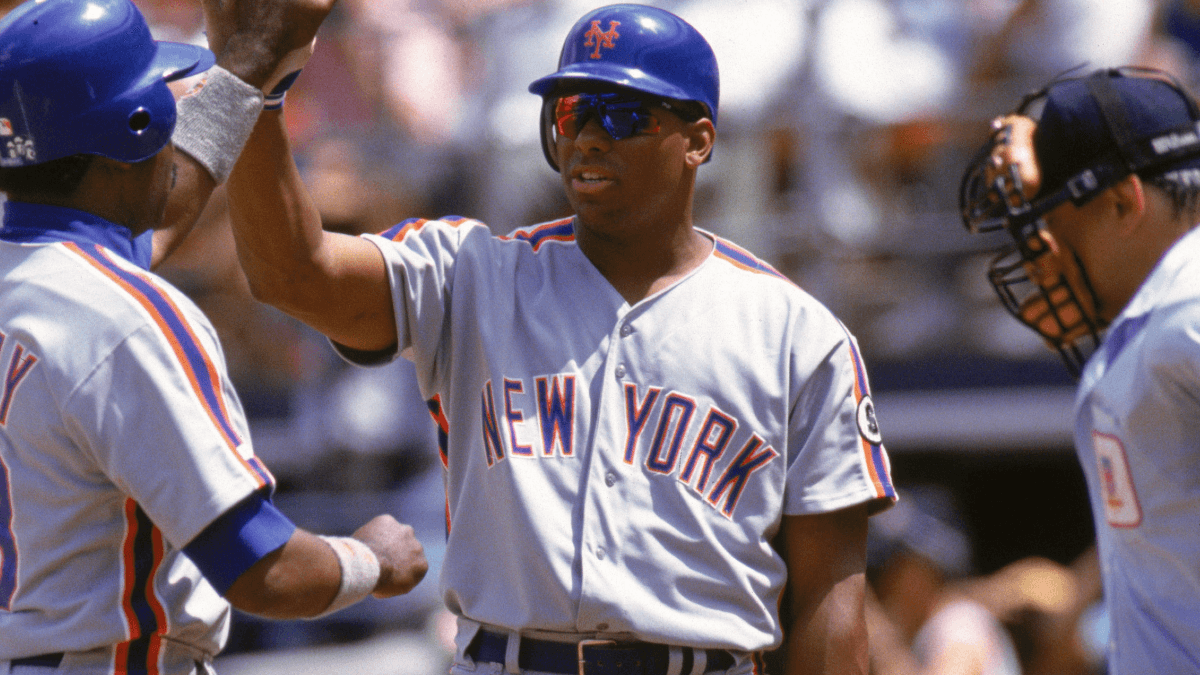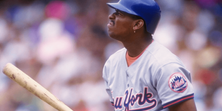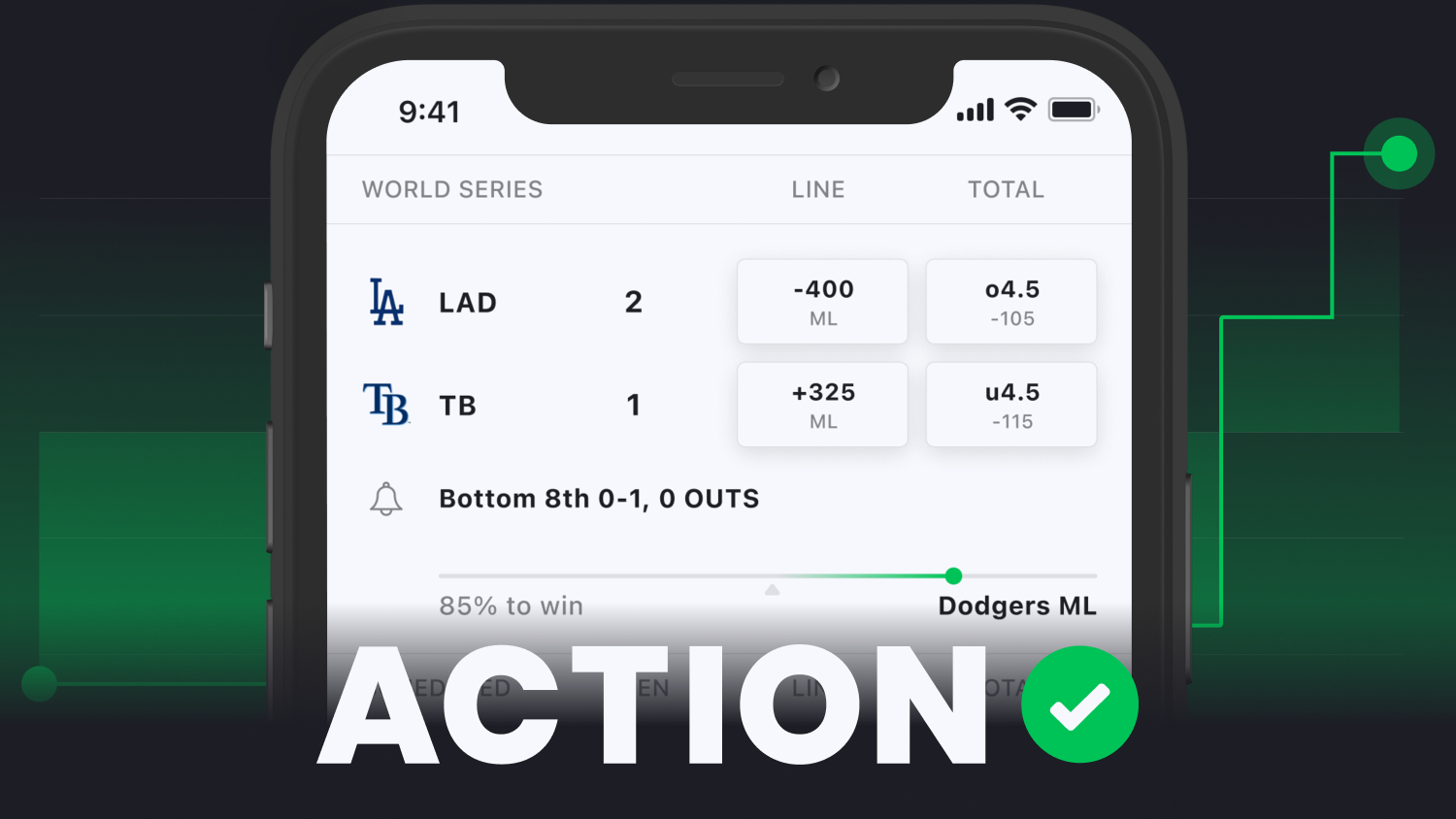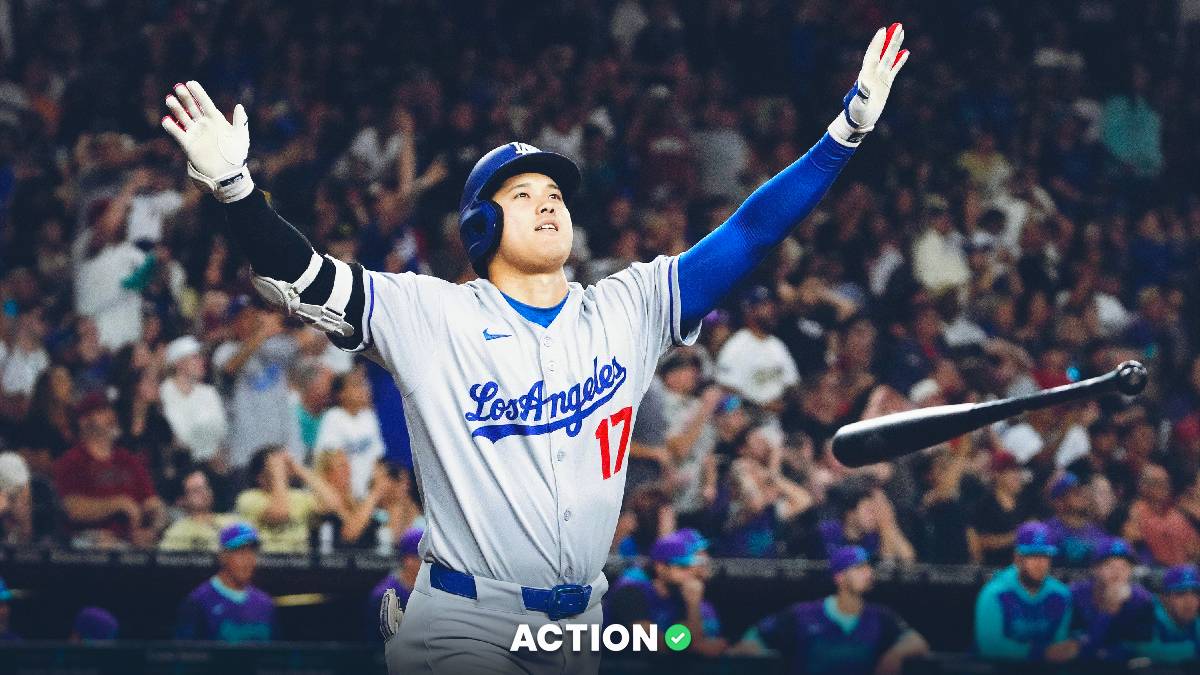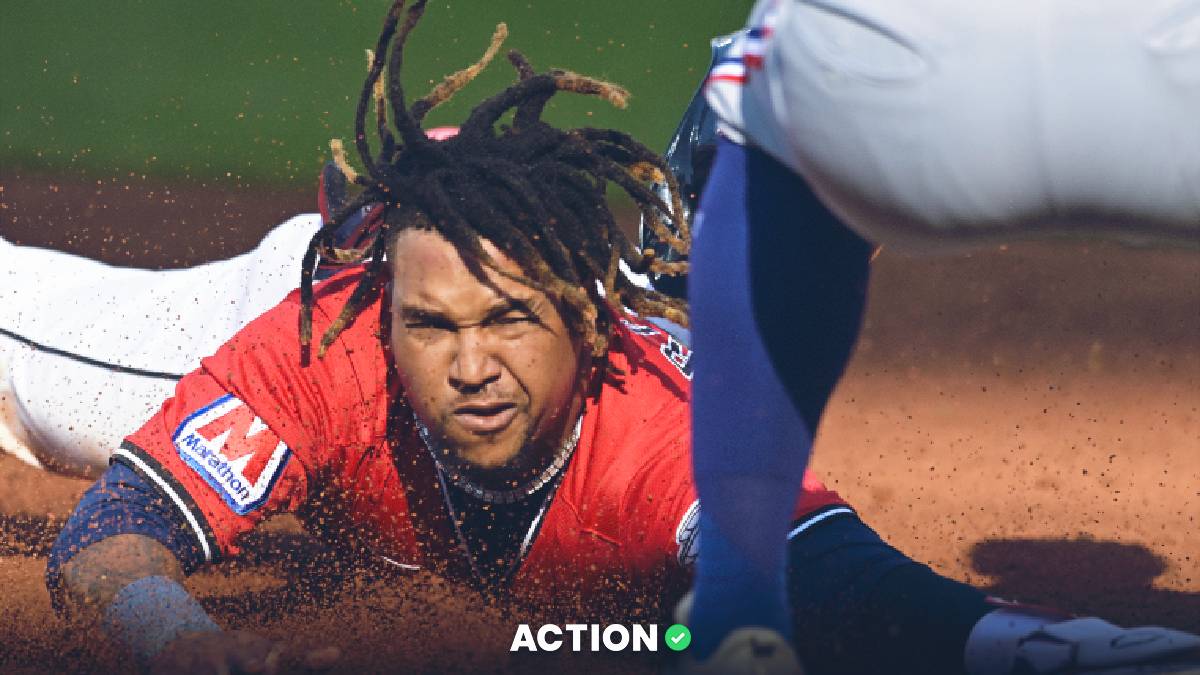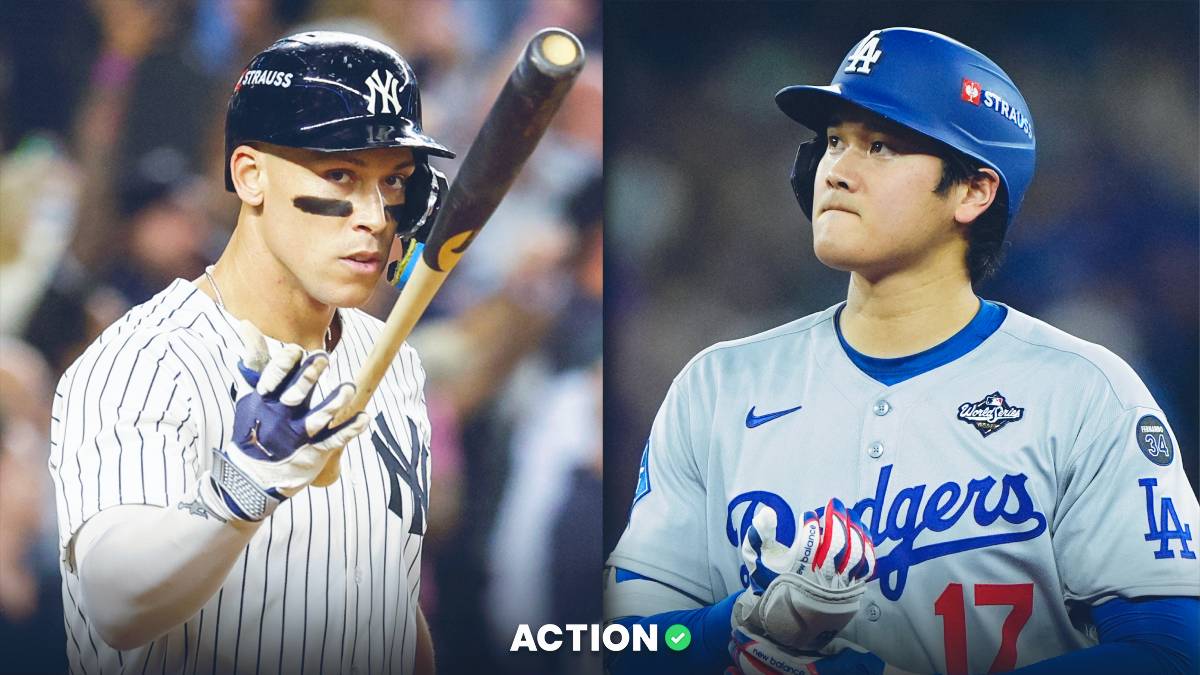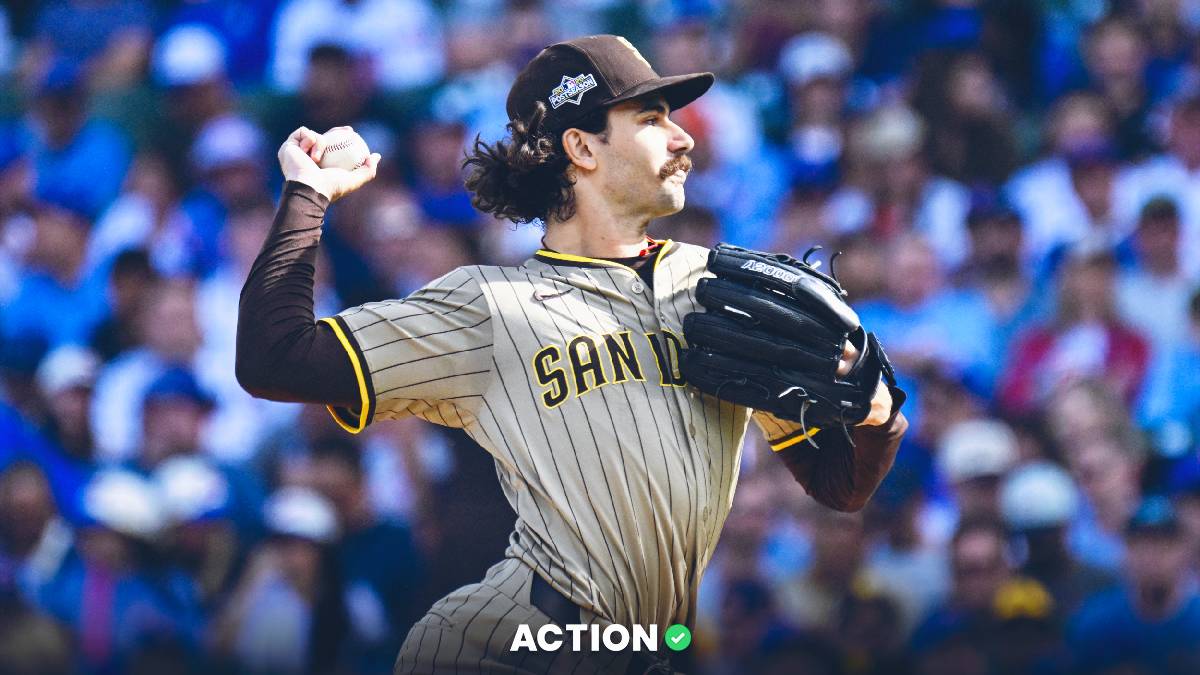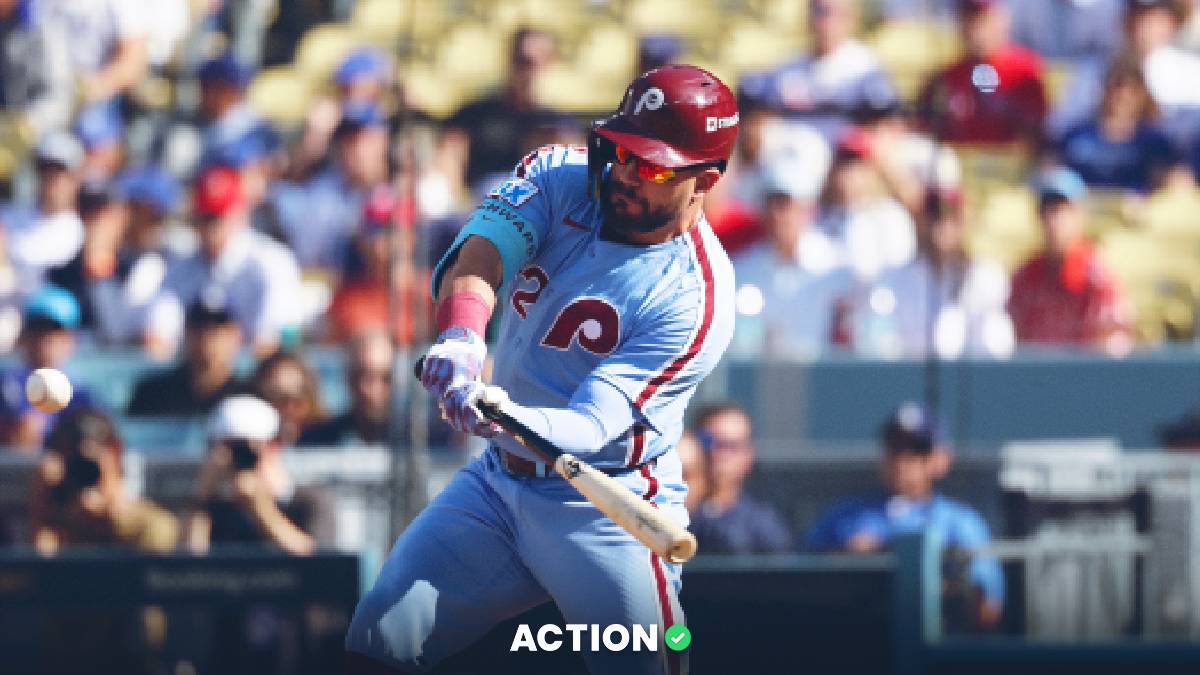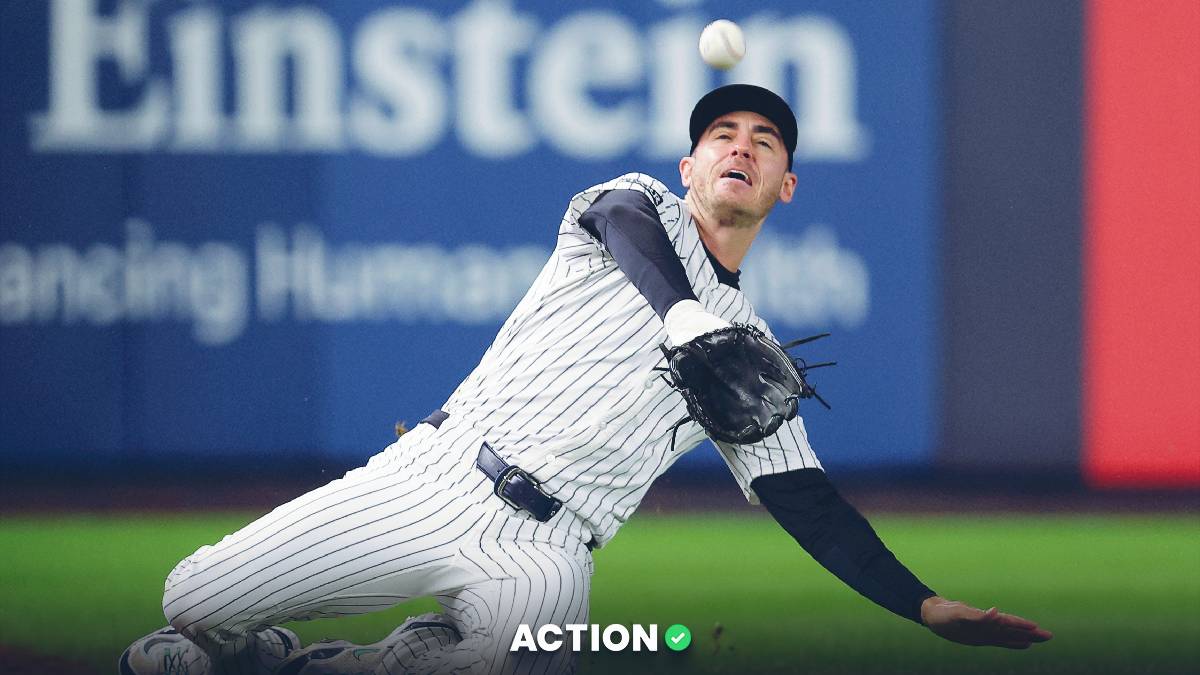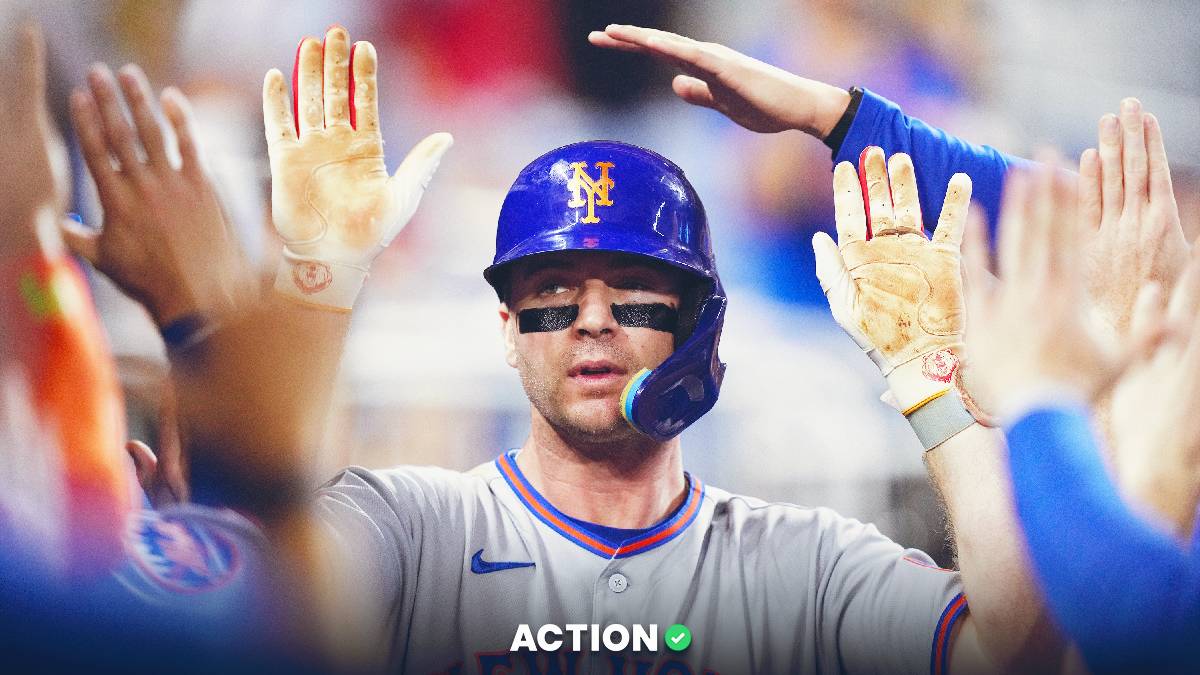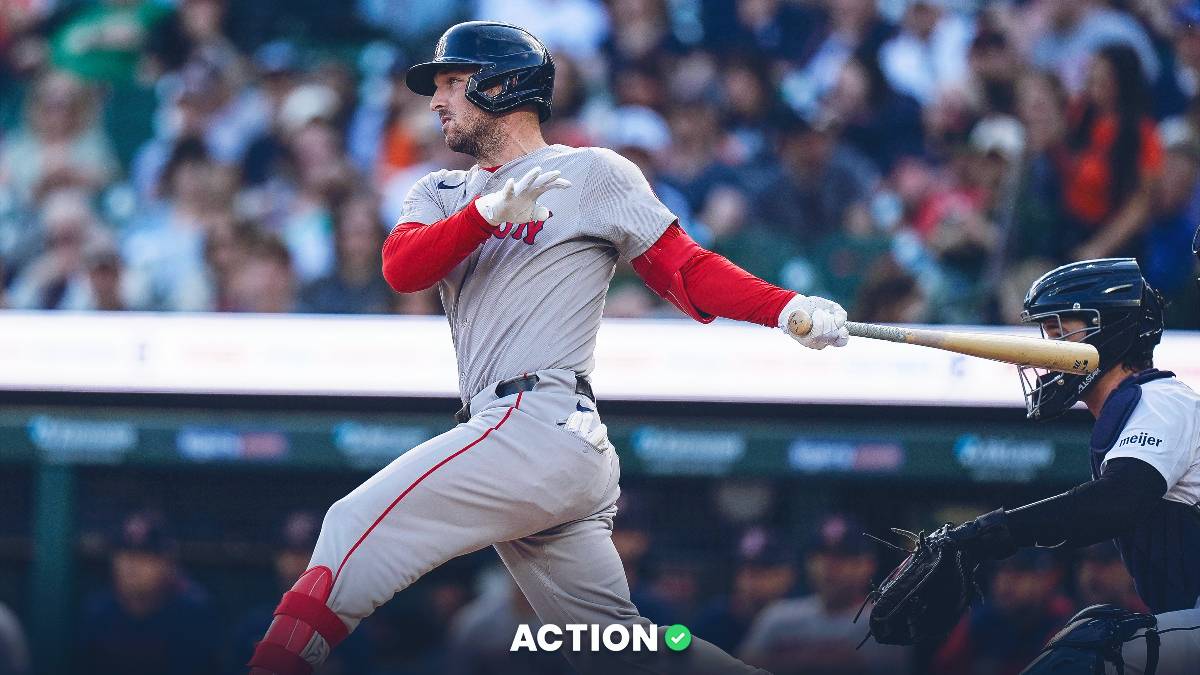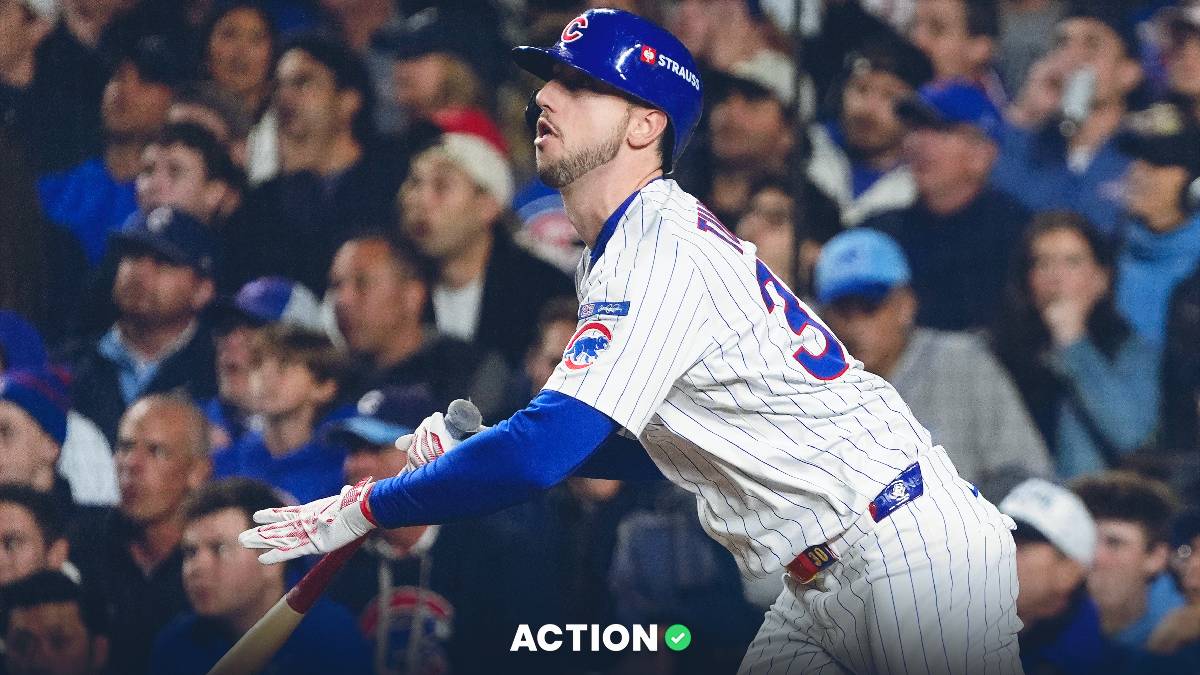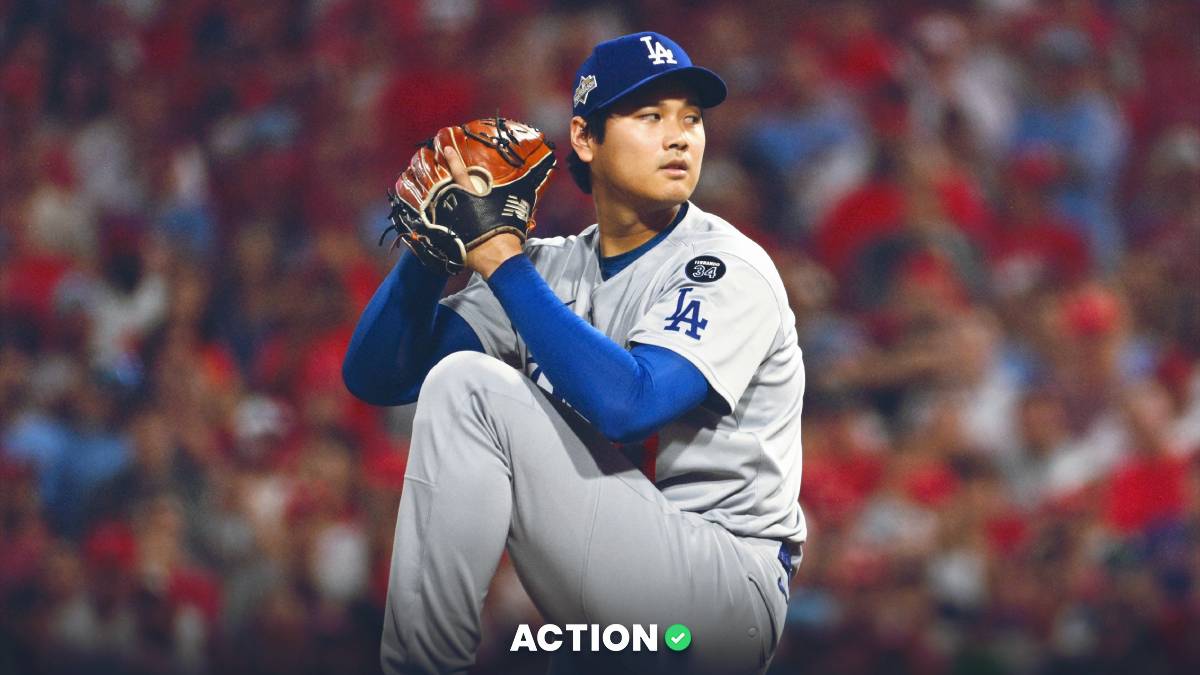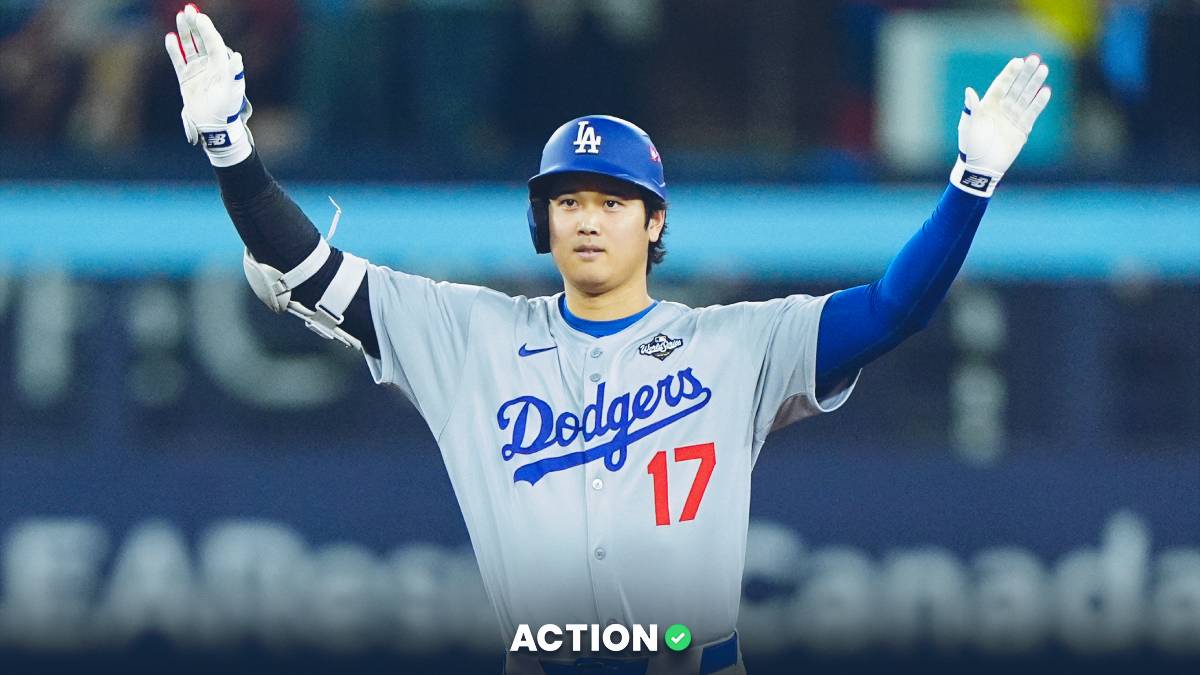There are many fake holidays on the calendar in the recent social media era, but one that came about authentically is the one we celebrate every July 1.
Bobby Bonilla Day.
Thanks to a deferred-money deal with the New York Mets structured after the 1999 season, Bonilla gets wired his 12th annual payment of $1,193,248.20 today: July 1, 2022.
Bonilla's agent, Dennis Gilbert, an insurance broker by trade, negotiated for Bonilla to get an 8% interest rate on his money, which turned the originally-owed $5.9 million into $29.8 million paid out over 25 years from 2011 to 2035.
Bonilla has marveled that his post-career fame will be of this contract and not of what he did on the field, but he has done so quietly. He is busy in Florida with his family, especially his 16-year-old son who is a highly-ranked junior golfer.
But ahead of this year's Bobby Bonilla Day, Bonilla finally agreed to talk exclusively to the Action Network about what has made him most famous: his contract.
Bonilla, now 59 years old, says July 1 is easily the biggest day of the year for him. He's not on social media, but he knows he trends on Twitter.
And then there's his phone.
"My text messages blow up," Bonilla said. "It's way bigger than my birthday. And it's a fun day because it always brings a smile to my face. I was happy that I put the money away."
But if the Mets had their way, all this would have never happened. That's because, Bonilla says, the team tried to get him to retire so that they didn't have to pay him.
"I found that very interesting because if I would have went in there and just had a monster year, they would not let me (renegotiate)," Bonilla said. "I could say 'renegotiate'. You think they would have done that? Absolutely not."
When the Mets understood that they had to pay, Gilbert loved the idea of a deferral. Getting Bonilla's go-ahead was easy.
"Bobby was someone who really took this to heart," Gilbert said. "He's always been a really good saver. Always looking for tomorrow. We talked about saving money from the very first day that he become a client."
After spending most of his first six seasons with the Pittsburgh Pirates, in 1992 Bonilla came home to New York (he grew up in the Bronx) and joined the Mets. His contract — a five-year, $29-million deal — made him the highest-paid player in baseball at the time.
"I got a boatload of money to play the game that I love," Bonilla said. "I wasn't complaining. But the most important thing was I was going to be able to see my dad every home game."
From 1992 to 1994, the Mets won only 42 percent of their games and traded Bonilla after the 1995 All-Star break to the Baltimore Orioles. In 1997, he went to the Florida Marlins and won a title before coming back to the Mets.
"Being able to win was a load lifted off that allowed me to be much more relaxed," Bonilla said.
In almost four years with the Mets, Bonilla hit 91 combined home runs and made two All-Star teams. His second stint with the Mets quickly went south.
A knee injury limited him to 60 games in 1999, batting .160 and only hitting four home runs. Bonilla's final game with the Mets was the Game 6 of the 1999 National League Championship Series against the Braves, which not only ended the Mets season but got Bonilla in hot water.
A disgruntled insider leaked to the press that Rickey Henderson and Bonilla were playing cards in the clubhouse with the game still going on. While Bonilla got the blame, he said he was just trying to calm down Henderson, who was angry that he was pulled from the game.
"He grabbed a deck and said, 'Let's play casino,'" Bonilla recalled. "So that's what we did. And I don't know, somebody I guess was mad at something and it came out we were playing cards all the time."
There have been many other deferrals before and after Bonilla, but 'Bobby Bo' has become the poster child, partly because of the way it didn't work out in New York and also because of Bernie Madoff.
The Mets owners at the time — the Wilpons — were extremely close to Madoff. So close that former Mets general manager Steve Phillips once told me he would, without fail, hear Bernie Madoff's name being mentioned every week for his 13 years with the Mets.
Knowing how much money the Mets had with Madoff, and that Madoff was fictionally giving them annual returns of 10 to 15 percent on their money, the eight percent on the Bonilla deal seemed cheap.
In fact, the $5.9 Bonilla million was immediately put into a Madoff account. At a 10 percent return a year, the Mets would have saved up $16 million by the time they had to make the first Bonilla payment in 2011. But in 2008, Madoff's at least $50 billion scheme was found and the deal, all-of-a-sudden, didn't seem that great.
Especially since the New York papers relentlessly reminded fans how much the Mets paid Bonilla while the young pitchers on their 2015 World Series team — Matt Harvey, Jacob deGrom, Noah Syndergaard and Steven Matz — all made less. When Pete Alonso won Rookie of the Year with the Mets in 2019, Bonilla made a little bit more than double.
It kept Bonilla relevant even though he was far off the field.
But, in hindsight, the deal wasn't so horrible for the Mets. They didn't have to worry about Bonilla's $5.9 million in 2000 and spent it on signing Mike Hampton, who led them to the World Series. When Hampton was traded to the Rockies the following year, they got the 38th pick in return, who became their future captain David Wright.
As for Bonilla, he's not only at peace with his legacy, he actually likes it.
"People say, 'Oh, that's Bobby Bo,'" Bonilla said, talking about the reaction when he is seen in public. "'Oh my goodness. He is part of one of the greatest contracts in sports. I love what he did.' And that kind of brings a smile to my face."
Bonilla made $47 million in his active career and nearly $30 million more on the 2000 contract deferral.
In another post-career business move, Bonilla, in partnership with Orion Innovation and SimpleNFT, is offering others the chance to enjoy a piece of contract history. There will be 1,193 NFTs of his contract in total, with 1,192 sold for $85 each and the final one given to the winner of an auction for Gilbert's copy of Bonilla's contract. That will be auctioned off by Goldin Auctions as part of this year's National Sports Collectors Convention that closes on Aug. 6.
Today, he doesn't mind being seen as someone who protected himself by guaranteeing money into the future.
"I want to see more players — and not just in baseball, football and basketball — think about tomorrow," Bonilla said. "I'm happy to discuss that with any former athlete or current athlete that wants to talk."
As for Gilbert, he also didn't think his legacy would be the Bonilla contract, having represented the likes of George Brett, Mike Piazza and Jose Canseco at the height of their careers.
"I did over 1,000 contracts," Gilbert said. "I didn't know that this would be the one I would be best known for."


